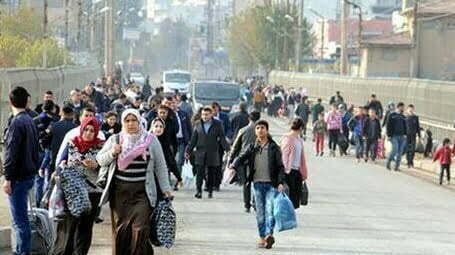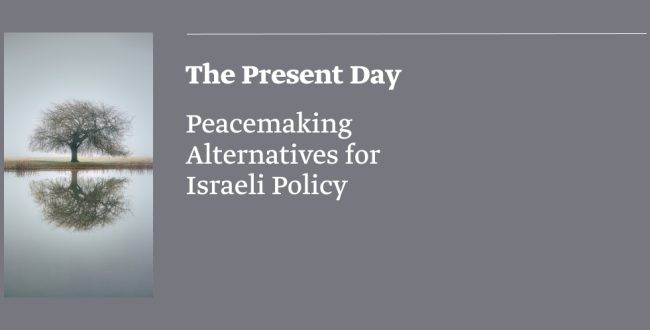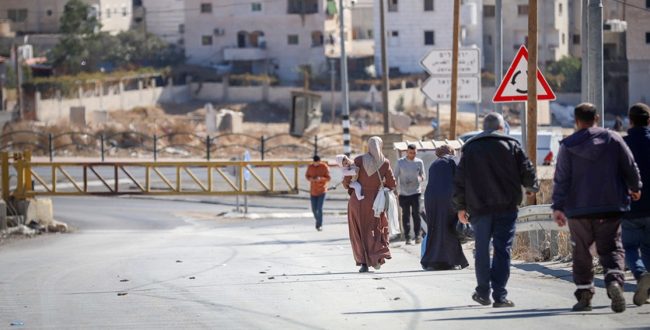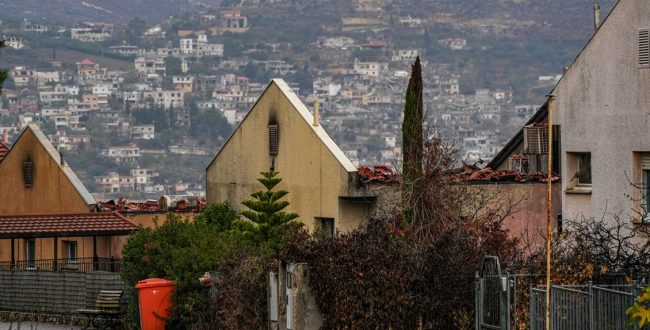When anti-government rallies began in Syria the demonstrators presented a united front against the regime, unencumbered by questions of ethnicity or belief. Now, eight months later, the situation is on the verge of civil war between ethnic and religious sects. Turkey’s decision, taken exactly during this shift, to get off the fence and actively support the anti-regime forces, was seen by Assad and his entourage as part of a regional alignment of Sunni forces against the Shiites.This assessment led them to take action against Turkey and set off a vicious circle that may, in the course of time, lead to far reaching changes in the region.
Syria’s reaction to Turkey’s decision was a clear threat, delivered by the regime’s spokespeople. This meddling game, they warned, can be played by both sides. If the Turks support the Sunni rebels in Syria, then the Syrians will support the outlawed PKK organization and fan the fires of Kurdish nationalism in Eastern Anatolia.
As it happens, a short time after these warnings the PKK launched an impressive military operation against several Turkish bases at once. According to conservative estimates some 250 Kurdish militants infiltrated Eastern Turkey in mid-October, and in a concerted attack killed almost 30 Turkish soldiers and wounded many others. Upon completion of their task they managed to slip back into Northern Iraq almost unscathed. In retaliation the Turkish army initiated a massive sweep, striking PKK bases in Turkey and Iraq and killing a large number of militants.
Around the same time Turkey seems to have acquired intelligence information implying that Syria may have assisted the PKK in funding, planning or carrying out the attack on Turkish soil. It is no surprise therefore that a few days ago, even as it had to contend with a major earthquake, Turkey announced that it will allow armed Syrian rebels, most of them deserters from the army, to establish bases in its territory.
At this point in time the rebel army is more an icon of armed resistance than an authentic militia. Estimates run from several dozen to several hundred fighters, but since the rate of defections from the army grows rapidly, Turkey may soon find itself host to a veritable rebel army fighting against Syria from its territory, a kind of mirror-image of the PKK, with one major difference: unlike the PKK, this group will be under the aegis of the considerable might of the Turkish Armed Forces (TSK).
A Long-Term Strategy
This is not just an act of vengeance. Putting aside the question of people’s rights and democratic values, which Turkey no doubt supports, and also putting aside its sympathy for the suffering Sunni majority of Syria, Turkey may have another goal in sight: preventing the dissolution of Syria.
As the Alawi-controlled Syrian army keeps pummeling the demonstrators and killing them by the hundreds, sectarian tensions are rising. Recently this has also impacted the Kurdish minority, estimated at around 1.5 million, along the Turkish border in the north, and calls for self-rule are already being voiced by some of their leaders.
Were Syria to become another failed Middle Eastern state its Kurdish minority may wish to carve for itself another autonomous zone on the marches, and pose yet another threat to the integrity of Turkey. With two large autonomous Kurdish enclaves — in Iraq and in Syria — incentives for Turkey’s Kurdish population to secede will increase exponentially.
Turkey’s assistance to the armed rebels is therefore also an attempt to maintain the integrity of Syria if and when the regime is toppled. Supporting the nucleus of a new army and enhancing the memory of Turkey’s assistance are meant to foster future cooperation and to strengthen the “Syrian” element in this complex equation at the expense of the centrifugal sectarian forces.
In the long term this seems like a sound strategic move on the part of the Turkish government, but it is also one that steeply raises the stakes in the region. In the interim we are likely to see more violence and bloodshed along the upper Euphrates valley.
















